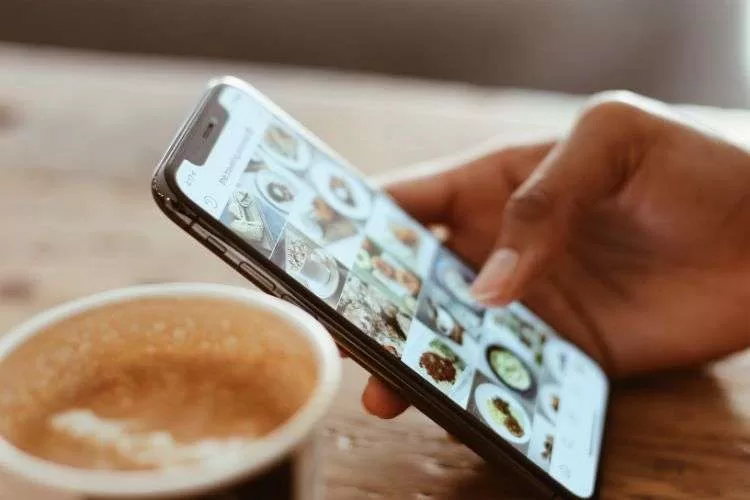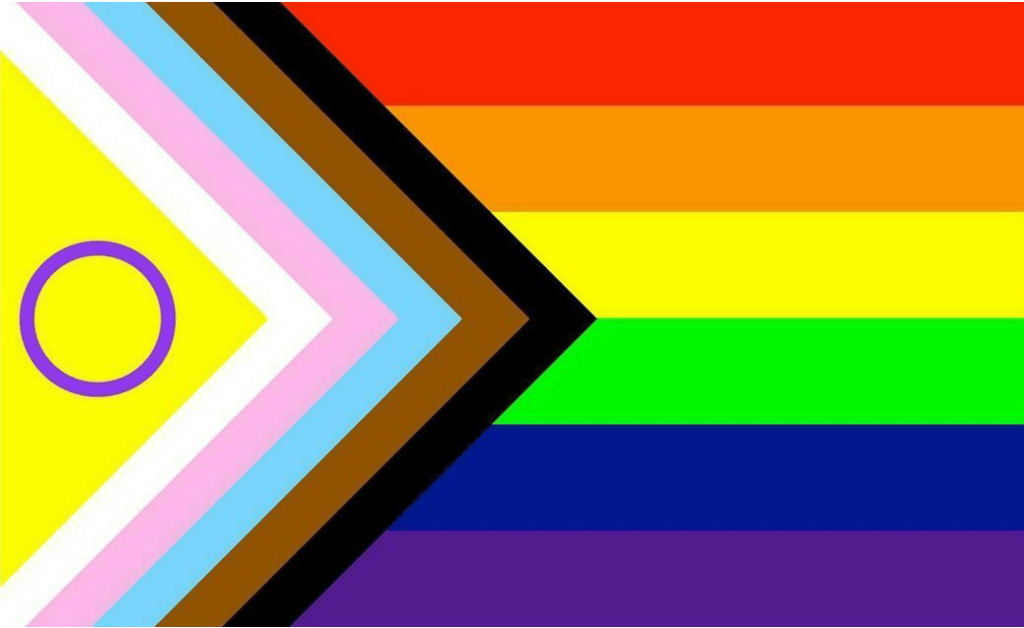Balancing Social Media and Eating Disorder Recovery
How often do you check your social media accounts? For most of us, it’s multiple times throughout the day. Social media was first meant to help us stay in touch with friends and family worldwide, however, this has dramatically changed as they’ve become more popular. Now we see an inflow of influencers and health and fitness gurus that may influence our perspectives and lead us to compare ourselves without realizing it.
It’s important to reflect on and be honest with yourself on what you are going to social media for; social engagement, anti-diet culture content, or comparison and reinforcing diet thoughts. Although, you may not think you are going to social media for reinforcement of diet thoughts, if we aren’t careful about who we follow and what we see, it can be easy to have our ED brain trick us into believing the content we see isn’t’ harmful to our recovery.
We’ve said it before, recovery is a journey and it involves ups and downs, setbacks, and achievements. Recommendations on social media use are highly individualized and you should talk about what is helpful for you in a discussion with your therapist and dietitian. The social media accounts we follow should uplift us or teach us something new, not bring us down. For this reason, it’s important to be mindful of who you follow and clear out those affecting your mental health. Remember, the posts you see on Instagram or other platforms are just snapshots of someone’s day, so try not to compare yourself to others or their journeys.
As we are in the first month of the year, we’ll see an influx of “fitness advice and inspiration.” We are bombarded with workout routines and “what I eat in a day” posts, which often involve hyperfocusing on someone’s body as an ideal body type and beautiful meals. This might make you feel like you’re not doing enough or question your own habits. Remember, what’s on social media isn’t the whole picture. Try not to compare yourself. We know this is easier said than done but when you start comparing, remind yourself that everyone has struggles, even if it’s not shown online. If someone’s account makes you doubt yourself, it might be time to reconsider why you follow them.
This is not to say that social media is bad! When used well, it can be a tool to learn and support your recovery. Follow accounts that encourage body inclusivity and a healthy relationship with food. This helps create a more uplifting feed. Also, take breaks! Spending time with loved ones, pets, or in nature can significantly improve your mental health and boost how you feel about yourself.



